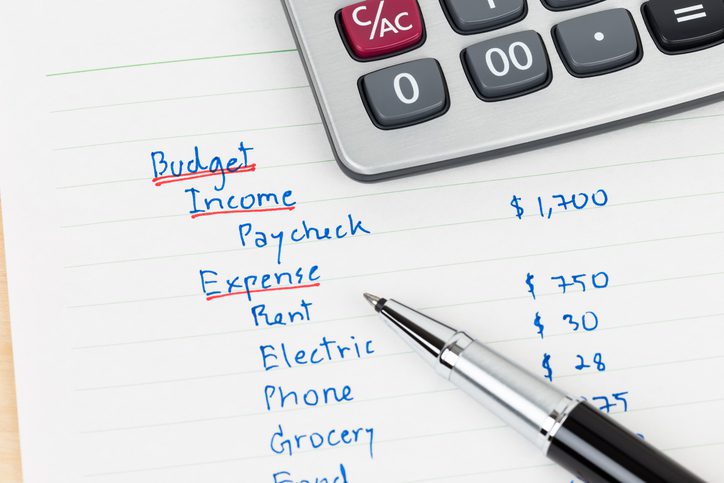Trending Now
Not everyone is born with a knack for being able to save money. Personality, upbringing, and circumstances can all influence whether we tend to naturally pinch pennies or be more of an impulsive spender – but that doesn’t mean we can’t learn how to do it.
It might take some effort, but these 15 people who are great at saving have some great tips on how to get started.
15. Keep track of the little things.

Image Credit: iStock
It’s tempting to not worry about or not keep track of the purchases you make that are less than $5 here and there, but those things add up quickly.
Write them all down so you can figure them into your budget accurately.
14. Start early.

Image Credit: iStock
Sure, some of us are taught as children to save money for a rainy day. If you weren’t, though, it’s never too late to start.
As soon as a good option pops up for you, like your job offering to match your retirement plan, jump on it – don’t wait.
13. Adjust when your life changes.

Image Credit: iStock
If you experience something like job loss, divorce, or a major illness, don’t continue to live the same lifestyle – you’ll need to re-evaluate.
It can be hard to admit that things need to change, but if you don’t do it right away, debt will inevitably start to pile up.
12. Open a retirement account.

Image Credit: iStock
Don’t play around with your future – you want to put between 10% and 15% of your monthly income straight into a retirement or investment account.
11. Don’t turn down free money.

Image Credit: iStock
If you are offered insurance discounts, stock options, retirement matches, flight miles, points on a credit card, or any other “free” money, take it!
It’s worth your time to figure out any corresponding paperwork.
10. Identify wants vs. needs.

Image Credit: iStock
It can be easy to fall into the trap of buying what you want when you want it (believe me, I get it), but taking the time to evaluate whether or not you actually need something can help you save.
There should be room in your budget to buy the things you want sometimes, but not every time.
9. Be honest with yourself.

Image Credit: iStock
We all need to assess our individual risk factors that come with getting older.
If you know you need to be more aggressive in saving due to health risks, job security, impending retirement, etc, then you should plan accordingly.
8. Don’t use autopay.

Image Credit: iStock
Autopay is there to make our lives easier, but if you’re trying to save, it could make the cash flow out of your account too easy.
If you don’t actually pay the bill yourself or see it leave your account, your brain skips over it. So, if you do use it, make sure to check on it every once in a while and include the amount in your monthly budget to help you keep track.
7. Say ‘no’ to entitlement.

Image Credit: iStock
No one is owed anything. If you work hard, that doesn’t mean you can buy whatever you want – it still has to work with the budget (and savings goals) you’ve set for yourself.
6. Always have a budget.

Image Credit: iStock
Yes, you have to write it down and update it regularly to get a sense of how much you’re actually spending.
You can’t save if you don’t know how much you’re working with at the start!
5. Find the best interest rates.

Image Credit: iStock
Check the interest rates on savings accounts at online platforms and/or credit unions before going with a traditional bank.
You want to make sure you’re getting the most in return for your business, after all.
4. Don’t use credit.

Image Credit: iStock
Using cash or checks typically means spending less money than using a card.
It’s like a mental speed bump to slow down impulse buys if you actually see the cash leaving your hand and going into a drawer.
3. Live below your means.

Image Credit: iStock
Living below your means helps you save more for the future. Just because you can afford a big purchase, you will need to evaluate whether or not you actually need it in the same way you would if you were pinching pennies.
Having more cash flow every month makes everyone less anxious.
2. Make saving a priority.

Image Credit: iStock
You have to make saving at least as important as your other monthly expenses.
If you’ve made a commitment to put a certain amount in savings every month, do that before making the decision for any extraneous spending.
1. Be ok with starting small.

Image Credit: iStock
Saving can start small, and it doesn’t even have to be a huge change. Set an automatic transfer to savings every week or month and promise yourself you won’t touch it.
As you’re able, increase it in small increments until it’s second nature.
It’s so nice to have guidelines and simple things to try that we know work, don’t you think?
What are some other things you always practice to save money? Let us know in the comments!






